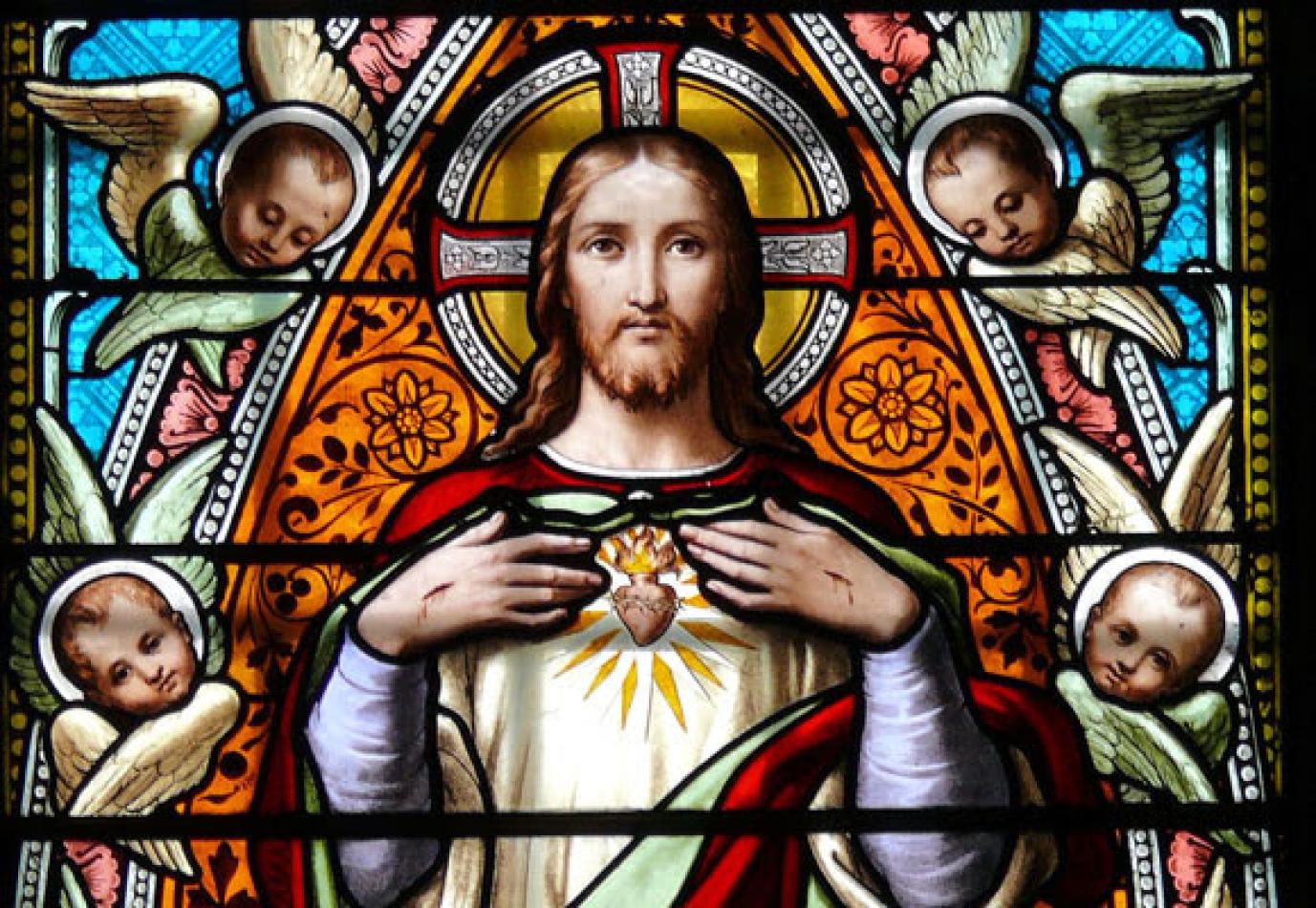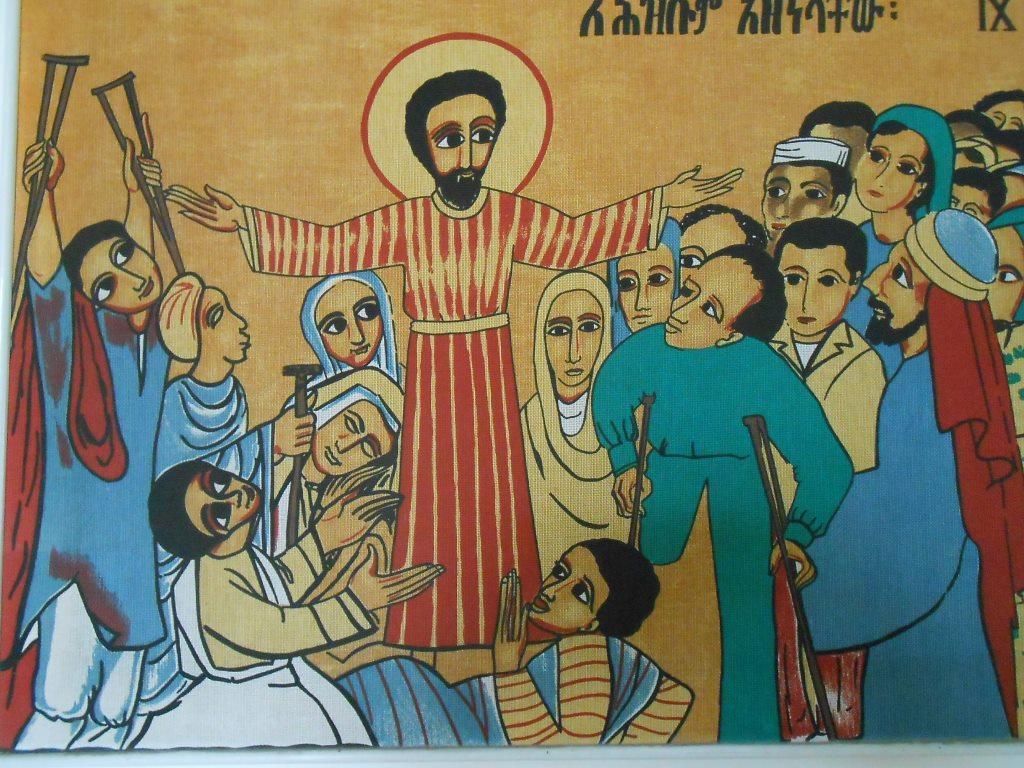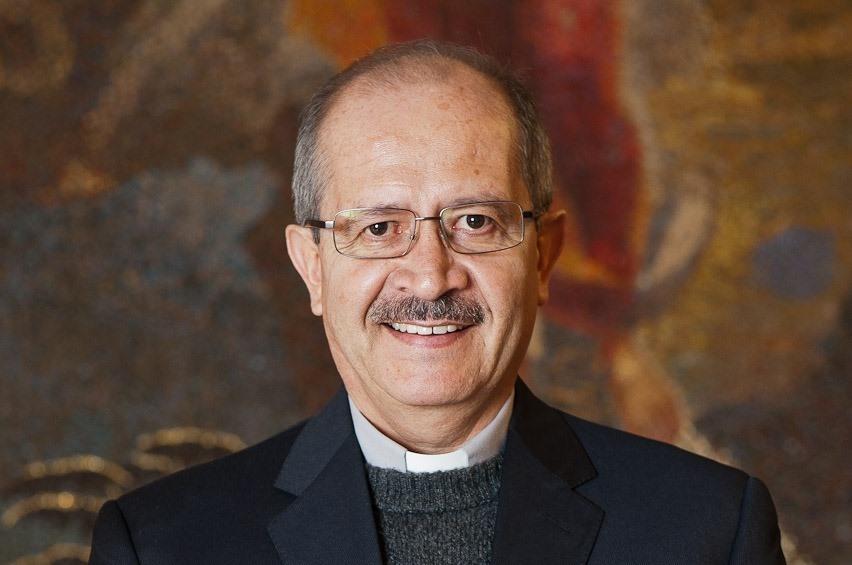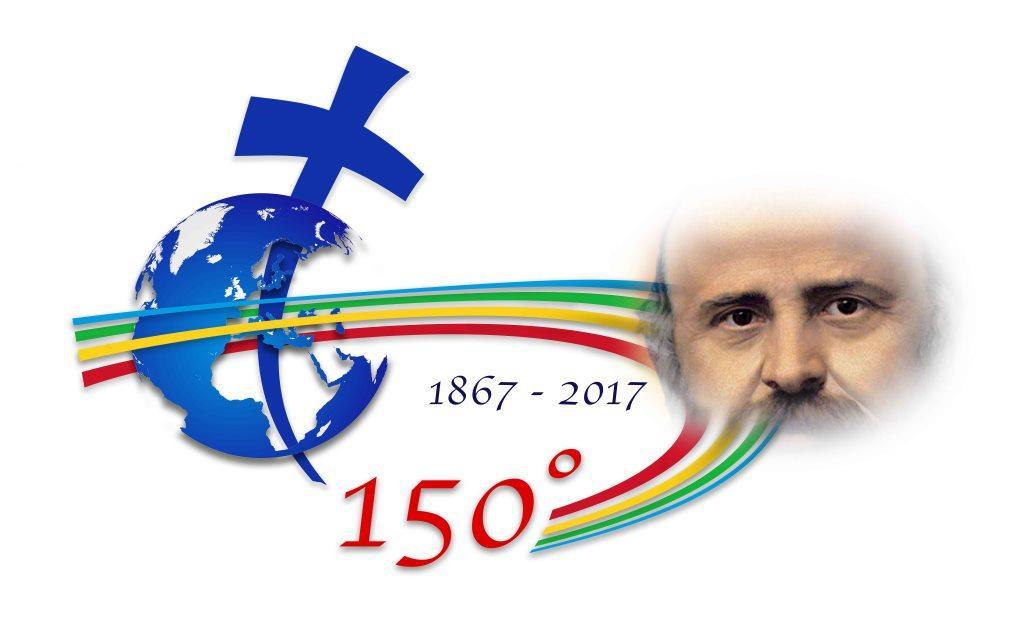Daniel Comboni
Comboni Missionaries
Institutional area
Other links
Newsletter
Friday, June 27, 2025
«On the Feast of the Sacred Heart of Jesus this year, we want to make ourselves ‘pilgrims of hope’: a title that sums up the heart of our Comboni vocation. The Heart of Jesus – whose ‘sons’ we pride ourselves on being – speaks to us of a love that is both a gratuitous gift and a dynamic force, capable of transforming our lives and our communities.» (The General Council)
The world can change, beginning with the heart
«It is only by starting from the heart that our communities will succeed in uniting and reconciling differing minds and wills, so that the Spirit can guide us in unity as brothers and sisters. Reconciliation and peace are also born of the heart. The heart of Christ is ‘ecstasy’, openness, gift and encounter. In that heart, we learn to relate to one another in wholesome and happy ways, and to build up in this world God’s kingdom of love and justice. Our hearts, united with the heart of Christ, are capable of working this social miracle.» (Dilexit nos, 28)
Dear confrères,
on the Feast of the Sacred Heart of Jesus this year, we want to make ourselves ‘pilgrims of hope’: a title that sums up the heart of our Comboni vocation. The Heart of Jesus – whose ‘sons’ we pride ourselves on being – speaks to us of a love that is both a gratuitous gift and a dynamic force, capable of transforming our lives and our communities.
The Word of God tells us that God’s love is poured into our hearts by the Holy Spirit (Rom 5:5). Hope – which is also the central message of the Jubilee 2025 – is born of love and is based on the love that flows from the Heart of Jesus pierced on the Cross: “Indeed, if, while we were enemies, we were reconciled to God through the death of his Son, how much more, once reconciled, will we be saved by his life.” (Rom 5:10).
It is this love that makes us missionaries: not an external choice, but an inner strength that sustains our service. We are called to take to heart the sufferings of others, to share the bread of hope with the poor, the sick, the excluded. When the world seems overwhelmed by war, injustice, climate change or indifference, the Heart of Jesus reminds us that true revolution starts from the heart of the believer.
St Daniel Comboni saw in the pierced Heart of Christ the source of his commitment to Africa. In “the divine flame” that warms the heart of the apostle we find the model of the missionary: humble in accepting the guidance of the Spirit, courageous in proposing the Good News, generous in leaving every “pitiable human interest” in order “to embrace all humanity” and make “common cause” with every marginalised person (cf. Writings, 2742-2753).
To be ‘pilgrims of hope’ is not a cosmetic title, but an ongoing journey. The hope that does not disappoint (cf. Rom 5:5) is renewed every day in the gaze of those who encounter the Lord in their brothers and sisters. Even in great crises – wars that do not end, hunger, forced migration, environ-mental crisis – we can sow tenderness, build bridges, welcome the other as a gift.
The symbol of water and blood flowing from the side of Christ (John 19:34) recalls Baptism and the Eucharist, the sacraments that shape the Church. From this pierced Heart is born a larger family to which we are united. In the Paschal Mystery we find the strength to renew our commitment: “Let anyone who thirsts come to me and drink; ... rivers of living water will flow from within him” (Jn 7:37-39).
Like St. Thomas, who, touching the wounds of Christ, exclaimed: “My Lord and my God!” (Jn 20:28), we too are called to go beyond our human ability. Weakness becomes strength when it is crossed by redeeming love. This kerygmatic experience – first, unique and foundational – is the root of the Comboni proclamation.
We live in an era marked by divisions and fears. Nationalisms grow, walls are built, migrants are criminalised. Yet, the Heart of Jesus teaches us to weave fraternal bonds, to recognise the dignity of each person and to care for creation. This is not utopia: it is the concrete way of transforming charity.
This Heart is not an abstract concept, but a reality to be lived. It invites us to radical choices in favour of the “poorest and most abandoned”, to co-responsibility, to a fraternity that becomes a sign of a new humanity. Every gesture of welcome, every project of integral development, every intercessory prayer starts from that Heart and returns to it.
Let us be guided by the ‘reasons of hope’ that flow from the Heart of Jesus to confidently accept the task of ‘pilgrims of hope’, capable of living the future as a promise and realising it as a new brotherhood.
The great French poet and essayist Charles Péguy wrote: “The faith I prefer – God says – is hope. To hope is never to become habitual… always to get out of the habit”. We are called to keep wonder alive, not to take the journey of faith for granted. Animated by the Spirit, let our communities become places of rebirth, where everyone finds new meaning in their lives. Our hope is in the Heart of Jesus. From him we learn to build healthy and happy relationships, and to contribute to the birth of a Kingdom of love and justice.
Dear confrères, the Heart of Jesus is an inexhaustible source of love and hope. Let us be its guardians, witnesses and tireless workers. May this feast rekindle in us the desire to be pilgrims of hope, capable of building fraternity and justice, until we can celebrate the banquet of the Kingdom together.
Happy Feast of the Sacred Heart!
United in prayer and service,
The General Council
Rome, 1st June 2025,
158th Anniversary Foundation of the Institute
Message of GC for the Feast of the Sacred Heart 2025 - EN
Messaggio del CG per la Festa del Sacro Cuore 2025 - ES
Messaggio del CG per la Festa del Sacro Cuore 2025 - FR
Messaggio del CG per la Festa del Sacro Cuore 2025 - IT
Messaggio del CG per la Festa del Sacro Cuore 2025 - PT
Messaggio del CG per la Festa del Sacro Cuore 2025 - Deutsch




